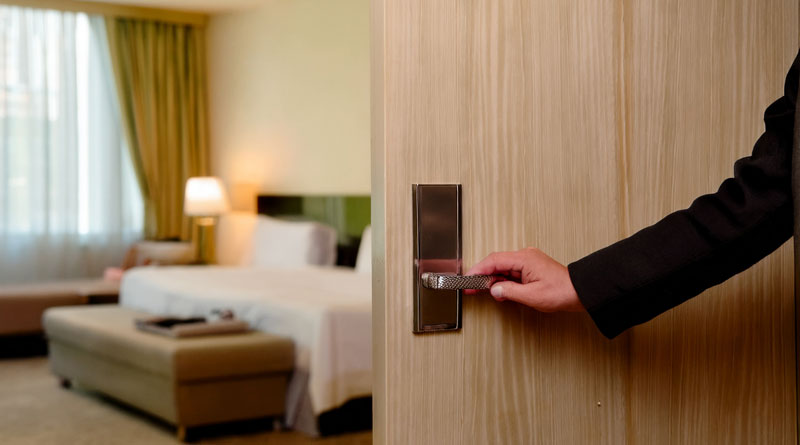Strong Hotel Demand In June Fails To Offset Rising Staff Costs

Demand for hotels increased in June with people still wanting to travel this summer, but this was not enough to offset increasing staff costs as profits fall, according to the RSM Hotels Tracker.
The data, which is compiled and produced by Hotstats and analysed by RSM UK, shows occupancy of UK hotels rose from 82.7% to 83% in June year-on-year, and from 86.4% to 88.1% in London, close to a record June figure of 90% in 2019. However, gross operating profits still dropped from 50.9% in June 2024 to 47.8% in June 2025 in London and from 44.7% to 42.1% in the UK.
Average daily rates (ADR) of occupied rooms in London was down from £270.96 to £252.10 in June year-on-year, and decreased from £174.56 to £166.67 in the UK.
Chris Tate, partner and head of hotels at RSM UK, comments:
“It was a great start to the summer for hoteliers, with an encouraging rise in demand and strong occupancy levels in June. But as cost pressures continue to bite, it’s now even more important that hoteliers are able to sustain this demand.”
“Despite selling more rooms, rates are going in the opposite direction, as operators lower their prices to stimulate and capture demand. The good news is that consumers still want to travel and book their hotel stays, but they have greater price constraints, which is dampening room rates.”
Total hotel payroll (per available room) has grown in London from £65.53 to £68.58 in June year-on-year and £48.07 to £50.34 in the UK.
Chris Tate added:
“Hoteliers are not only having to compensate for a rise in employee costs, but they are also having to increase staff numbers to meet higher demand in the summer months – a double whammy for the sector.
“While we expect strong demand to continue into July, as consumers prioritise taking trips away, there are clear pain points in the sector. Hoteliers will be looking to the government for initiatives that further boost hotel spend, including reinstating tax-free shopping for overseas visitors. By doing so, this could encourage more international travellers to come to the UK, benefitting not only the hotel sector, but wider hospitality and retail spend too.”
Thomas Pugh, economist at RSM UK, said:
“After contracting in April and May due to the double whammy of tax and tariffs, strong hotel occupancy in June is another signal that the economy started to rebound at the end of the quarter. Even so, the economy will have done little more that stagnate in Q2.
“Looking ahead, the outlook for consumer spending growth is less rosy than it has been in the first half of the year. Inflation has risen to 3.6% and will rise further over the summer, mainly driven by tax rises, higher utility bills and now more expensive petrol. That will eat into consumers’ disposable income. At the same time, the labour market is clearly cooling which will weigh on wage growth and employment over the rest of the year.
“However, the outlook is far from dismal. Despite rising inflation and slower wage growth, real incomes will still rise at a reasonable pace this year. Household balance sheets are considerably stronger than they have been previously, and lower interest rates will continue to help. What’s more, there are good signs that the worst of the labour market pain and tariff uncertainty is already behind us.”
